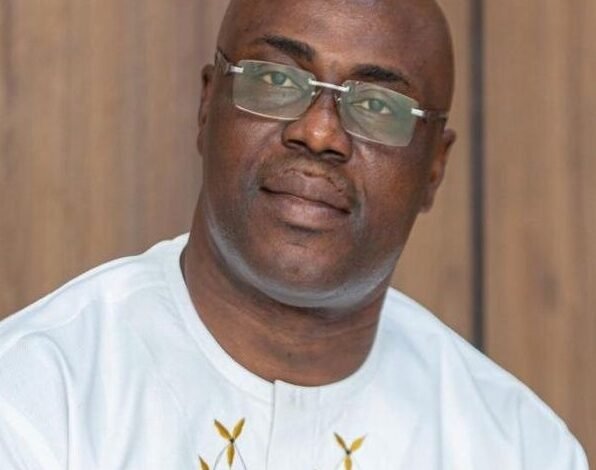
The Ghana Education Trust Fund (GETFund) has denied allegations of misapplication in the utilisation of the $1.5billion bond funds raised by the government in 2018 to provide critical infrastructure for schools in the country.
According to the fund, its budget remained one of the most scrutinised in budgets in Parliamentary records, as such there was no way monies allocated it could be misapplied or misappropriated.
“The budget (distribution formula) prepared by the Trustees is submitted to the Parliamentary Select Committee. Education for its study and advice. Thereafter, same is presented to the Committee of the Whole for further scrutiny before it is forwarded to Plenary for debate and approval,” the fund said.
A statement issued in response to former President John Dramani Mahama’s query for the setting up of Daakye Plc and the utilisation of proceeds of the bond issuance, said all the budgets presented to Parliament within the syndication and the bond programme period had detailed updates on how funds raised were disbursed to finance urgent educational needs of the country.
The statement signed by the Head of the Public Relations Unit of the Fund, Isaac Asiedu-Odei, explained that the rollout of the government’s Free Senior High School (FSHS), Senior High Technical School (SHTS) and Technical Vocational and Education Training (TVET) in 2017 brought in its wake an unprecedented surge in enrolment figure leading to a strain on school facilities.
The situation according to the statement was compounded by several stalled or abandoned projects funded on the account of GETFund due non-payment of submitted certificates dating back to 2013.
To address these challenges, the fund decided to adopt innovative ways of raising the needed funds to support the implementation of the flagship programmes.
In line with this, the statement said the Board of Trustees tabled a proposal to Cabinet through the Ministry of Education for the initial securitisation of part of the funds statutory receivables to raise short to medium term facility.
This proposal was subsequently presented to Parliament for approval and same was approved with a capping of the cedi equivalent of 1.5 billion USD to be raised in three tranches of 500 million USD each.
Subsequently, the fund engaged CalBank and the Standard Chartered Bank in a loan syndication effort to raise the first tranche of the cedi equivalent of 500 million USD, however, this arrangement was able to raise only 1.57 billion cedis in 2018/2019.
The statement said having realised the shortfall in the loan syndication capacity to raise the targeted amount of first tranche of the 500 million USD in the cedi equivalent, the Trustees with the necessary approval sought, set up the SPV (Daakye Plc) to facilitate that bond programme, which was to raise the cedi equivalent of 1.5 billion USD.
“That bond issuance raised a total of 2.6 billion cedis between 2020 and 2022,” it emphasised.
It explained that the use of the Special Daakye Plc was to enhance credibility and transparency as it operated under the regulations of Securities and Exchange Commission (SEC) and the Ghana Stock Exchange (GSE).
The statement highlights that 1.2 billion cedis from bond proceeds were used in 2020 to refinance syndicated loans, with annual provisions made for debt servicing.
It said due to the Domestic Debt Exchange Programme (DDEP) absorbing outstanding bonds in 2022 and 2023, the fund could not allocate resources to Daakye in 2024.
Despite this, it said, the funds supported significant secondary school facilities improvements under projects like the Emergency Secondary Intervention Projects and others, completing 3,001 projects between 2017 and 2024.
This included 1,827 legacy projects and 1,174 new initiatives.
The statement also said the fund also supported the provision of 2,770 vehicles, 677,000 pieces of school furniture, 4,500 motorbikes for supervisors, and vehicles for education officials.
Additionally, GETFund cleared all contractor debts from 2013 to 2019.
BY TIMES REPORTER







